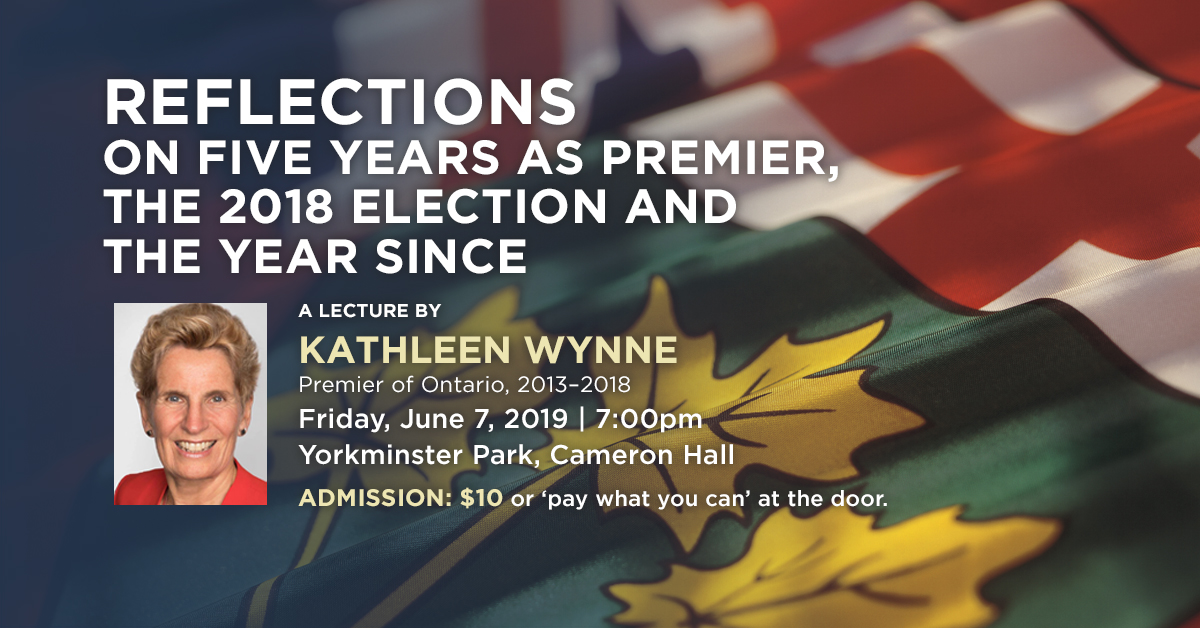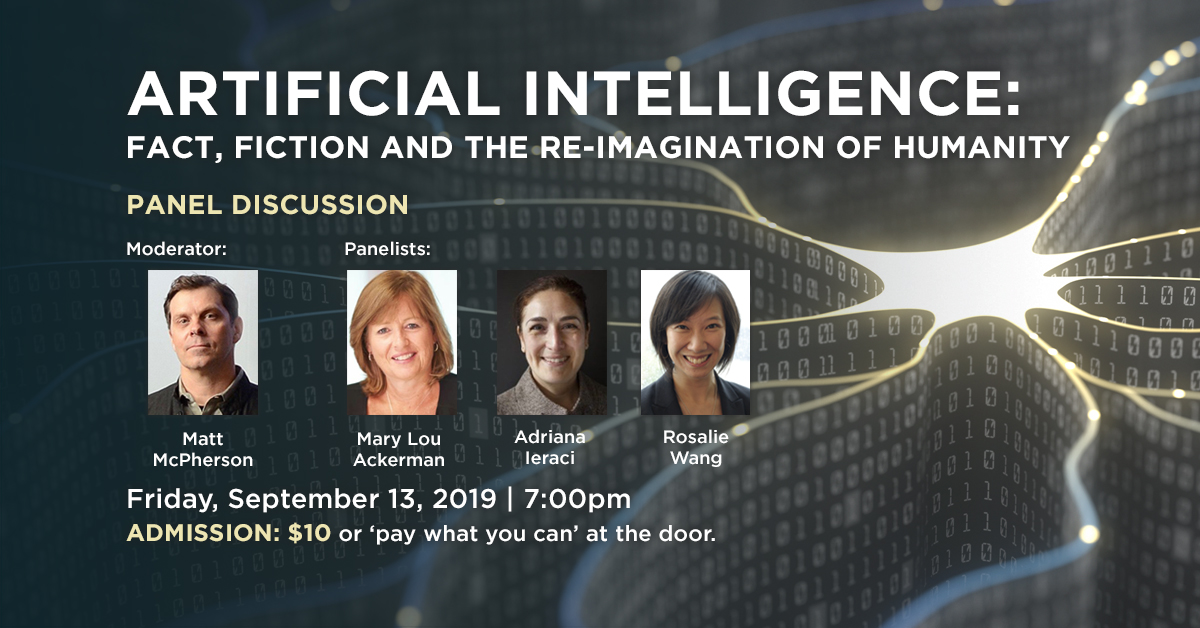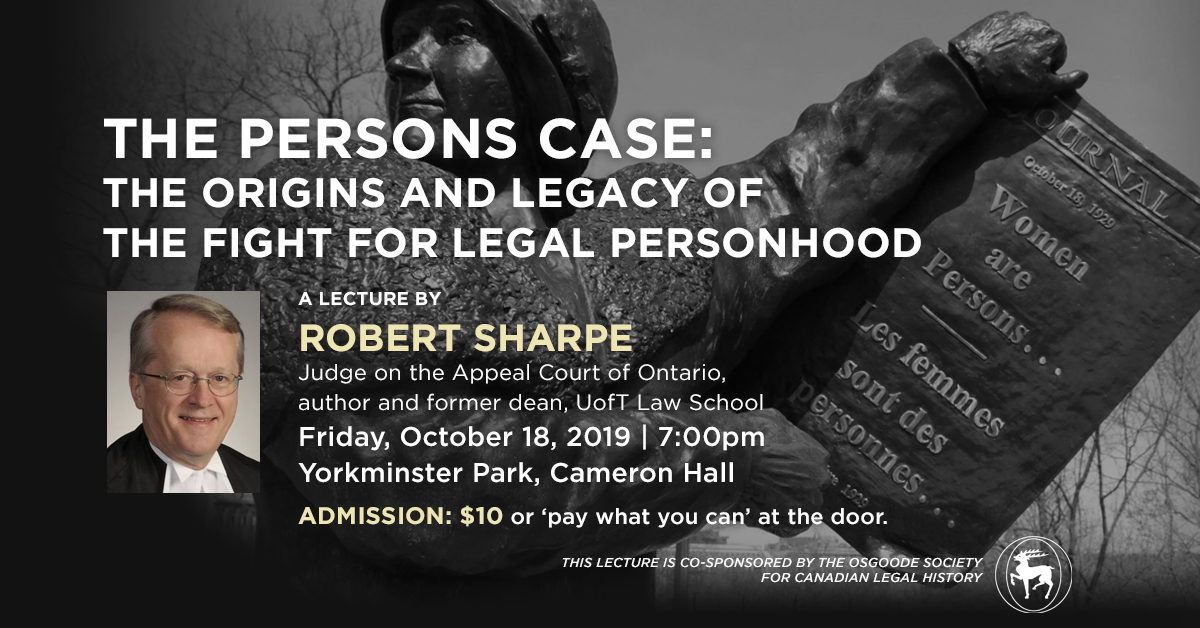
Innovative solutions to disaster response
Cameron Hall 1585 Yonge Street, TorontoWe are seeing a concerning trend in the world today - the total number of large-scale disasters and crises is rising, while the total amount of funding available is falling. Humanitarian organizations are struggling to respond and save lives.
To keep up with this shift, we need to innovate. We need to find new and powerful solutions to some of the world's toughest problems. From distributing low-cost water purification units that produce safe drinking water for an entire year, to operating mobile water purification systems to the most remote locations, to installing bomb blast window film to protect vulnerable civilians trapped in war zones, to constructing permanent homes with strong, durable and environmentally friendly bricks made from compacted soil, to operating drones to provide better information to rescuers and responders, GlobalMedic is using innovative solutions to protect the health and dignity of families affected by disaster and crisis.
Biography
Rahul Singh founded the David McAntony Gibson Foundation (GlobalMedic) in 1999 to honour the memory of his best friend who tragically lost his life in 1998. Combining a passion for humanitarian assistance with a frontline emergency perspective - having been a paramedic since 1988 - Singh developed GlobalMedic's unique operational mandate of providing efficient and cost effective disaster relief in the immediate aftermath of a catastrophe using professional emergency workers.
GlobalMedic teams have deployed on 193 missions in 63 countries following natural disasters and complex emergencies. Delivering of water purification equipment, installing of field hospitals, and running innovative programs like RescUAV, Singh continually strives to develop Canadian innovation in order to save lives.
Singh has received a number of accolades for his humanitarian work over the years, including the Humanitarian of the Year Award in 2006, the Order of Ontario in 2012, and the Diamond Jubilee Medal in 2012. Singh as also been named on Time Magazine's List of the 100 Most Influential People.












